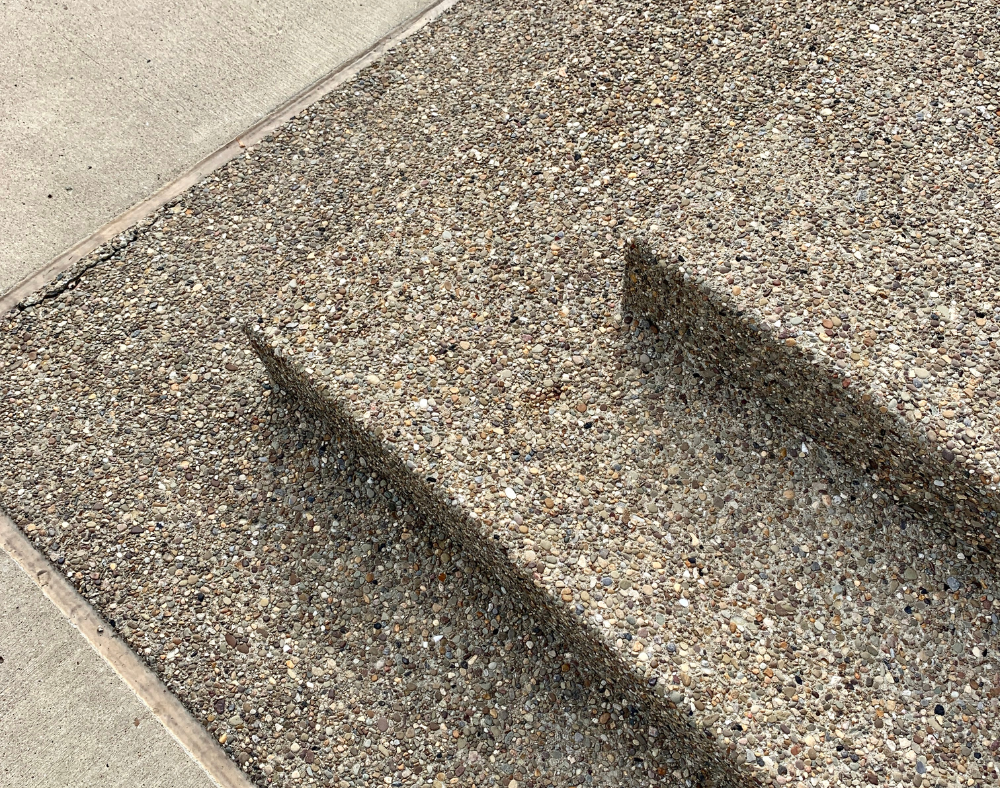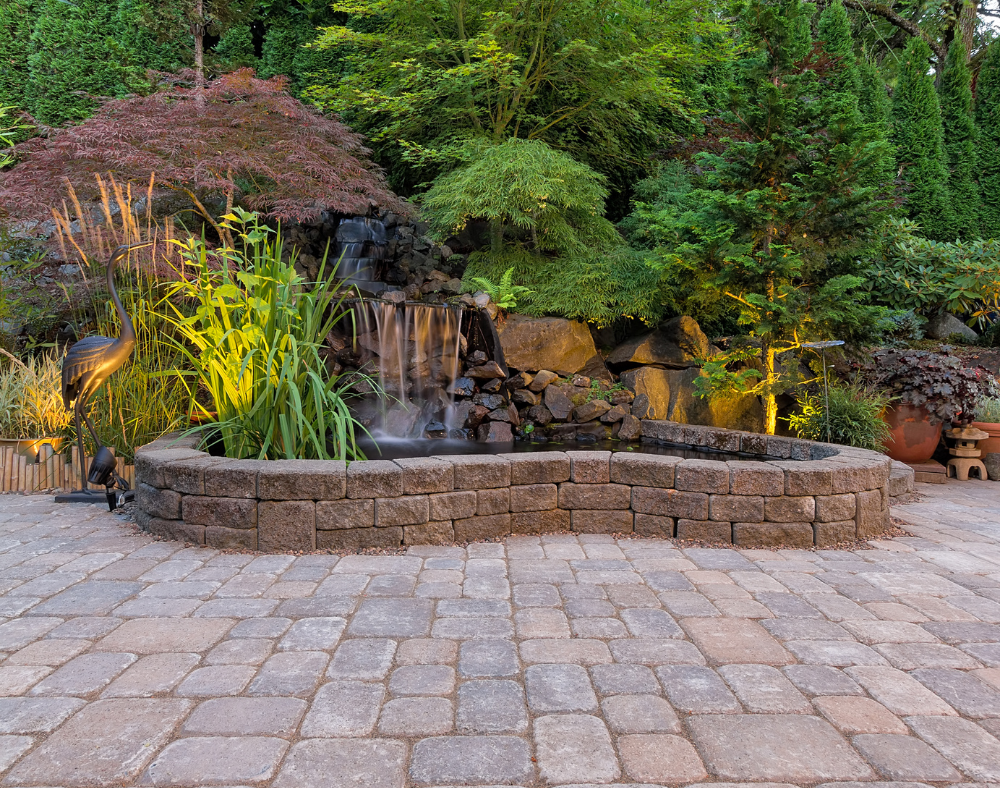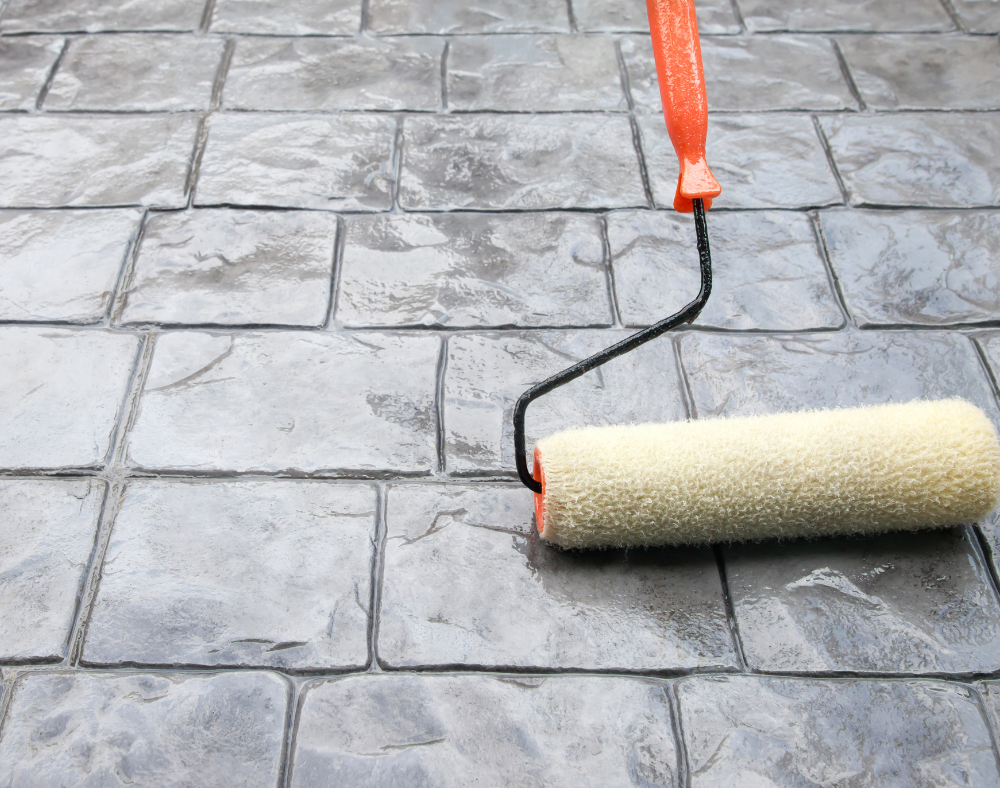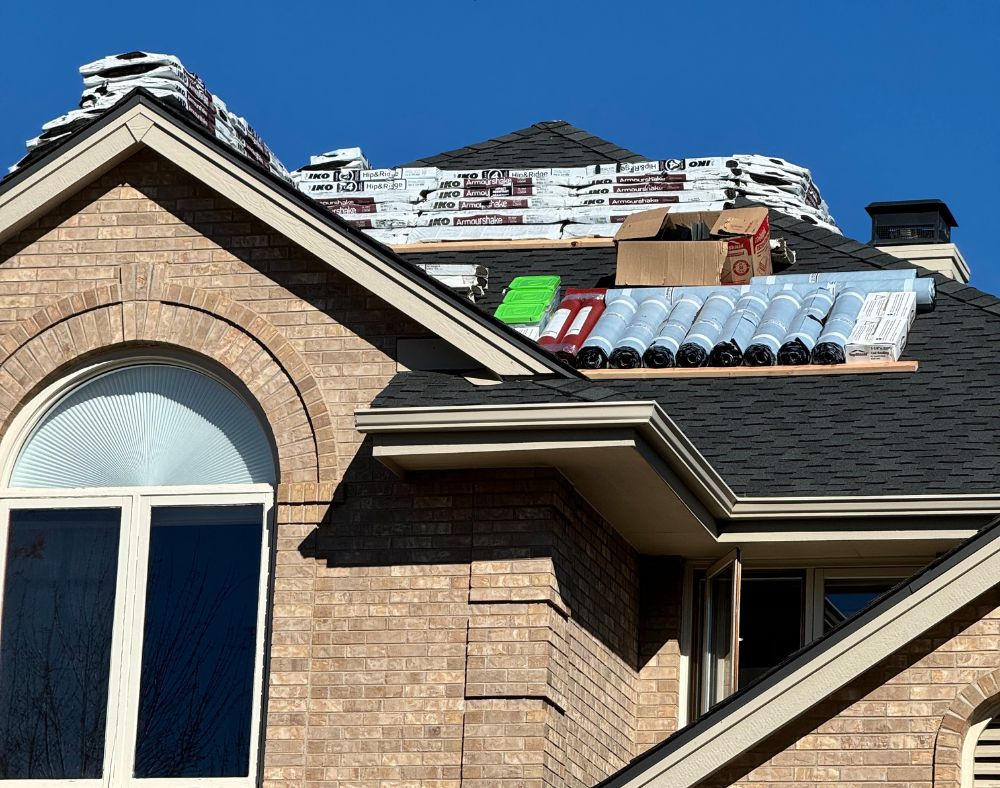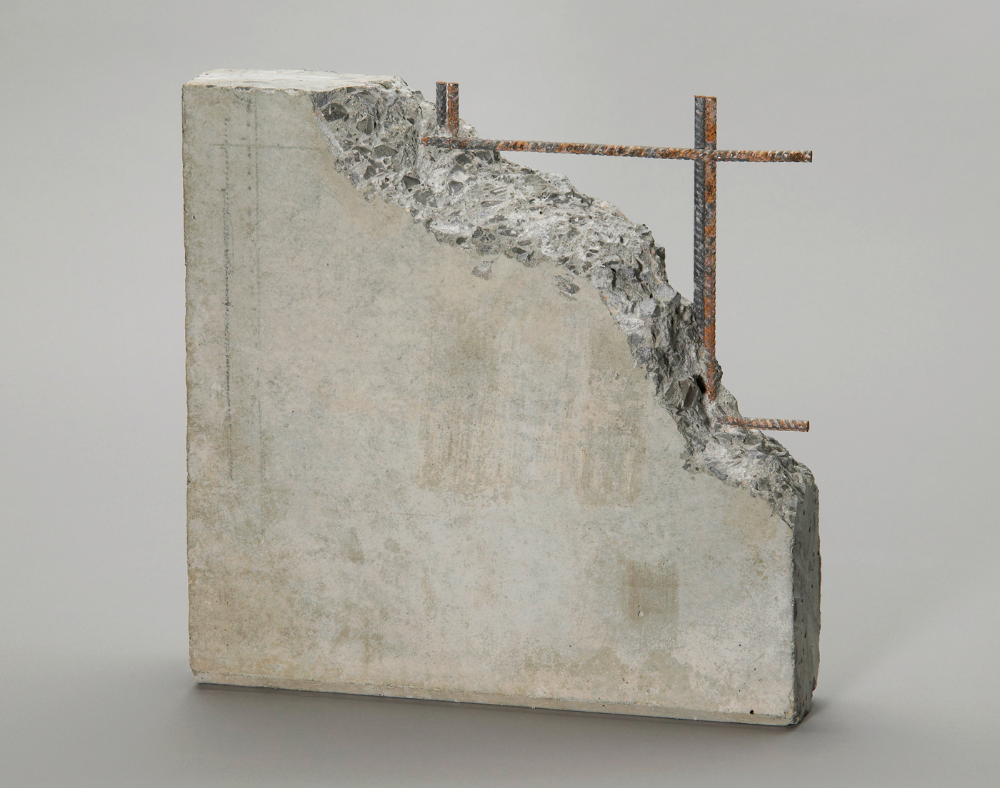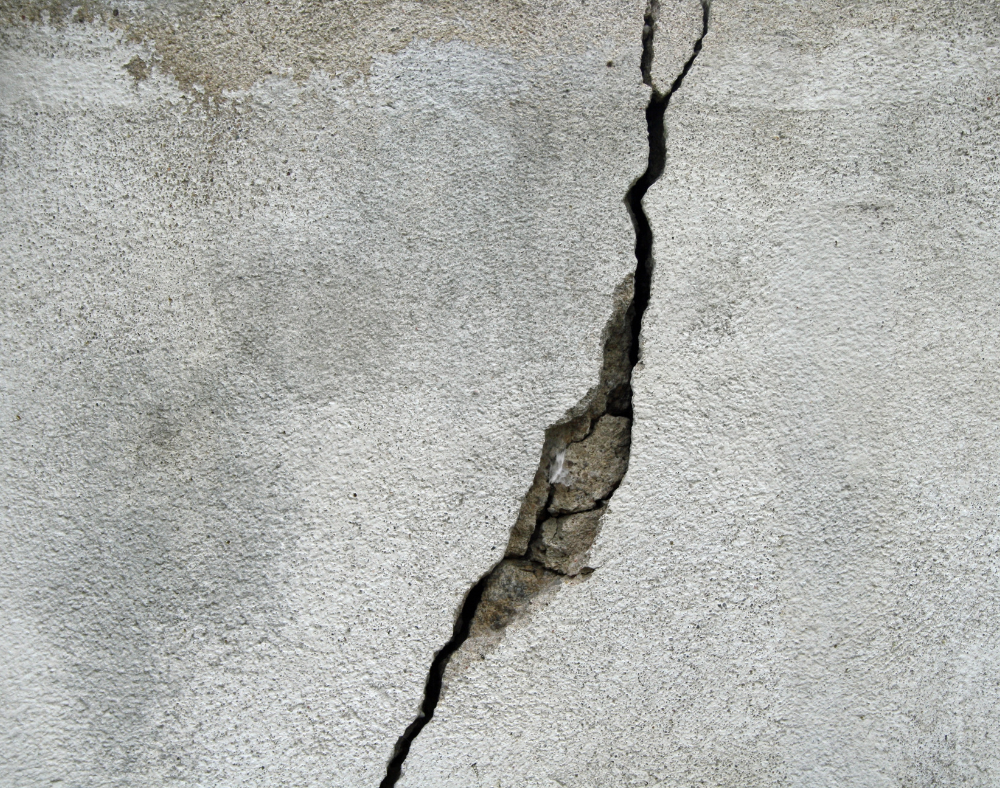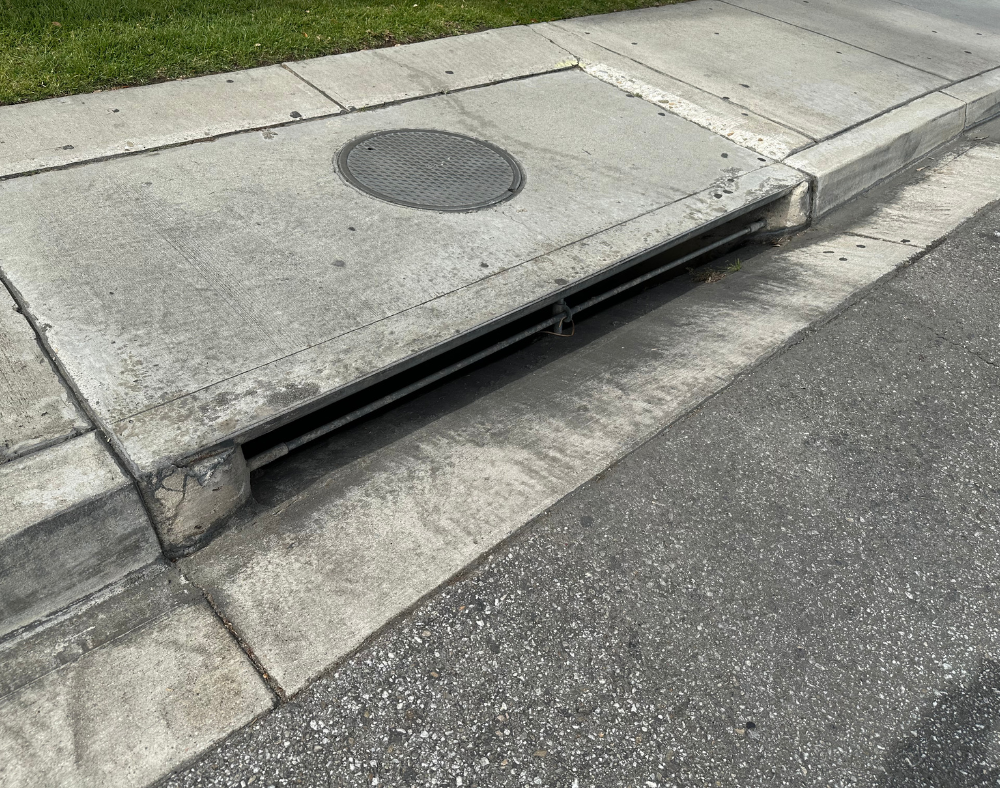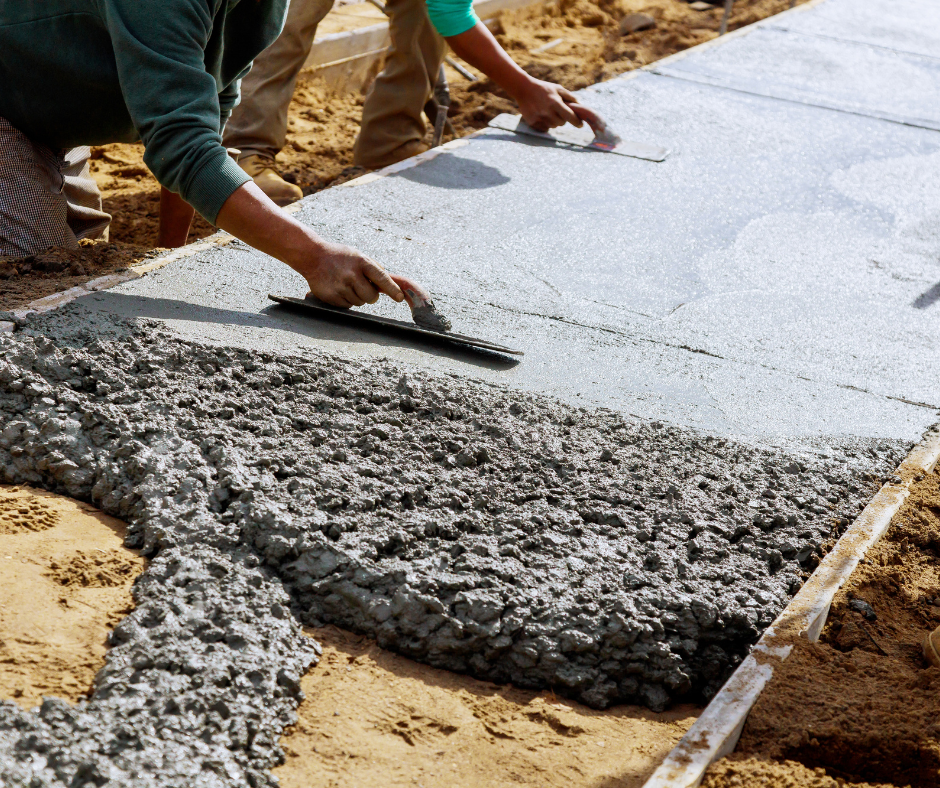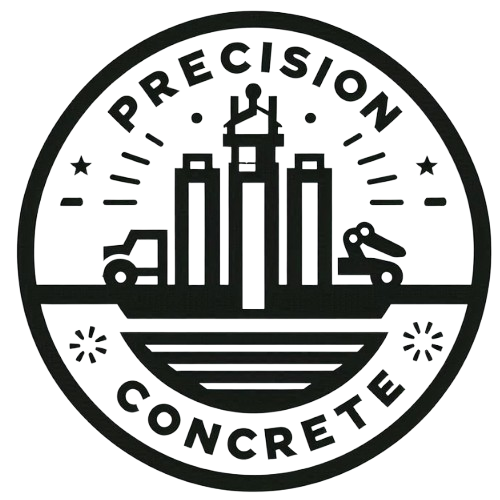The Essential Guide to Residential Concrete Services: Foundations, Retaining Walls, and More
Concrete is one of the most versatile and durable materials available for residential construction projects. From foundations and retaining walls to driveways and decorative flatwork, concrete plays a crucial role in ensuring the structural integrity and aesthetic appeal of your home. This guide explores the must-knows about residential concrete services, including preparation, installation, and maintenance, to ensure every project is completed to the highest standards.
Understanding Different Types of Residential Concrete Work
Before diving into the preparation and maintenance aspects, it’s important to understand the different types of concrete services commonly used in residential projects.
- Foundations: The foundation is the most critical part of any home. A strong, well-built foundation provides stability and support, preventing shifting or settling over time. Concrete is the preferred material for foundations due to its strength and ability to withstand heavy loads. Learn more about different types of foundations from the Concrete Network.
- Retaining Walls: Retaining walls are used to hold back soil and prevent erosion. They are often constructed on properties with varying elevations or to create usable space on sloped terrain. Concrete retaining walls offer durability and can be designed in various styles to complement your landscape. To explore more about retaining walls, visit The Spruce.
- Flat Decorative Work: Decorative concrete is an attractive option for patios, walkways, and interior floors. Techniques such as stamping, staining, and engraving can transform plain concrete into unique designs that mimic stone, tile, or even wood. For creative ideas and inspiration, check out Concrete Decor.
- Driveways and Sidewalks: Concrete driveways and sidewalks are popular for their longevity and low maintenance requirements. Proper installation and finishing techniques ensure a smooth, level surface that resists cracking and weathering. Learn more about the benefits of concrete driveways from Angi.
- Masonry and Stone Veneers: Concrete can also be used in masonry projects, such as building retaining walls, outdoor fireplaces, or stone veneers. Concrete masonry offers versatility, strength, and aesthetic flexibility, making it ideal for many exterior applications. To understand more about masonry work, visit
Masonry Construction.

Must-Know Preparation for Concrete Projects
To ensure the success of any residential concrete project, proper preparation is essential. Here are some key steps to consider:
- Site Evaluation: Before starting any concrete work, a thorough site evaluation is necessary. This includes checking the soil type, slope, drainage, and any underground utilities. Poor soil conditions, such as expansive clay or loose sand, may require special preparation techniques to prevent future cracking or settling.
- Subgrade Preparation: The subgrade, or the soil underneath the concrete, must be properly compacted and graded. A well-prepared subgrade helps prevent settling, cracks, and other structural issues. For detailed guidance on subgrade preparation, refer to ForConstructionPros.
- Formwork and Reinforcement: Forms are temporary structures that hold the concrete in place until it cures. Ensuring that forms are properly aligned, level, and secured is critical for achieving the desired shape and size. Reinforcement, typically with steel rebar or wire mesh, is also important for adding strength to the concrete, particularly for foundations, driveways, and retaining walls.
- Proper Mixing and Pouring: The consistency of the concrete mix plays a major role in the durability of the finished product. Too much water can weaken the concrete, while too little can make it difficult to work with. Pouring should be done in a timely manner, and the concrete should be evenly spread and compacted to eliminate air pockets.
- Curing Process:
Curing is a crucial step in concrete installation that affects the final strength and durability of the surface. Proper curing prevents the concrete from drying too quickly, which can cause cracks and surface defects. Covering the concrete with plastic sheeting or using a curing compound are common methods to retain moisture. For more on curing, check out this guide from
Cement.org.
Maintenance Tips for Residential Concrete
Even the highest quality concrete requires regular maintenance to ensure it remains in good condition over time. Here are some essential maintenance tips:
- Regular Cleaning: Dirt, debris, and spills can degrade concrete over time, especially for driveways and sidewalks. Regular cleaning with a mild detergent and a power washer helps maintain the appearance and longevity of the surface. Avoid harsh chemicals that can damage the finish. For tips on cleaning concrete, visit Family Handyman.
- Sealing: Sealing is one of the best ways to protect concrete from stains, moisture, and wear. For outdoor surfaces like driveways, sidewalks, and patios, a penetrating sealer can help prevent water and oil from penetrating the surface. It is recommended to reseal concrete every 2 to 3 years, depending on exposure to the elements.
- Repair Cracks Early: Small cracks are common in concrete, especially in areas with extreme temperature changes. However, it’s important to repair cracks as soon as they appear to prevent them from expanding. There are various concrete crack repair products available, including epoxy injections and patching compounds. Learn more about crack repair options on Bob Vila.
- Prevent Stains and Damage: Concrete is susceptible to stains from oil, grease, and chemicals. For driveways and garage floors, use mats or trays under vehicles to catch leaks. For decorative concrete, applying a protective coating can help resist stains and abrasion.
- Control Moisture: Excessive moisture is a leading cause of concrete damage. Ensure proper drainage around your home to prevent water from pooling on concrete surfaces. For retaining walls, adequate weep holes and drainage pipes are essential to relieve pressure caused by water accumulation. Check out DIY Network for drainage solutions.

Preparing for Specific Residential Concrete Projects
Each type of concrete project has its own specific preparation and maintenance requirements. Here’s a closer look at a few:
- Foundations: A well-prepared site with proper soil compaction and moisture control is crucial for foundation durability. Regular inspections for cracks or water intrusion can prevent serious damage over time.
- Retaining Walls: Proper drainage is key to maintaining retaining walls. Use backfill materials like gravel to allow water to escape and reduce pressure on the wall.
- Driveways and Sidewalks: Consider using expansion joints to accommodate the natural expansion and contraction of concrete. This helps prevent large cracks and extends the lifespan of your driveway or sidewalk.
- Decorative Work: Decorative concrete requires specific sealers to protect against UV damage and fading. Use appropriate cleaners and avoid abrasive tools to maintain the finish.
Conclusion: Achieving Long-Lasting Results with Concrete
Concrete is an incredibly durable and versatile material, but its longevity and performance depend largely on proper preparation, installation, and maintenance. Whether you're working on foundations, retaining walls, decorative flatwork, or driveways, understanding the best practices for each type of project can help ensure beautiful, long-lasting results.
By following these guidelines and staying informed about the latest techniques and products, you can make the most of your residential concrete projects, ensuring they meet the highest standards for safety, functionality, and aesthetics. Remember, a little preparation and care go a long way in extending the life and appearance of your concrete surfaces.
